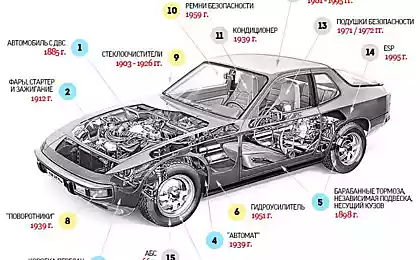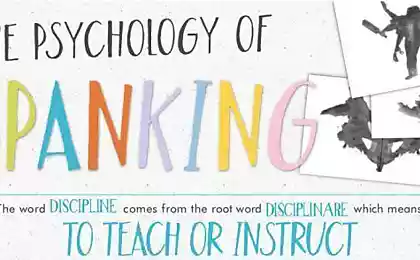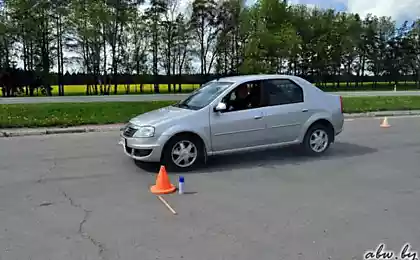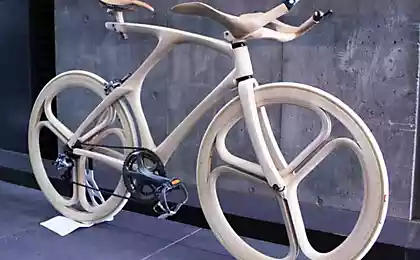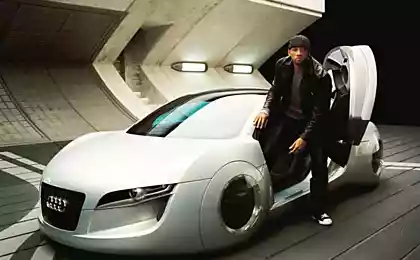226
Why ABS grinds and effort on the pedals?
Continuing the theme of "Week of simple questions»
Anti-lock system - an example of how effective and useful work can be intelligent on-board electronics. But where in this high-tech system takes an unpleasant rattle - as if the surface of the brake disk is pressed whether the piece of metal, or a piece of flowerpot?
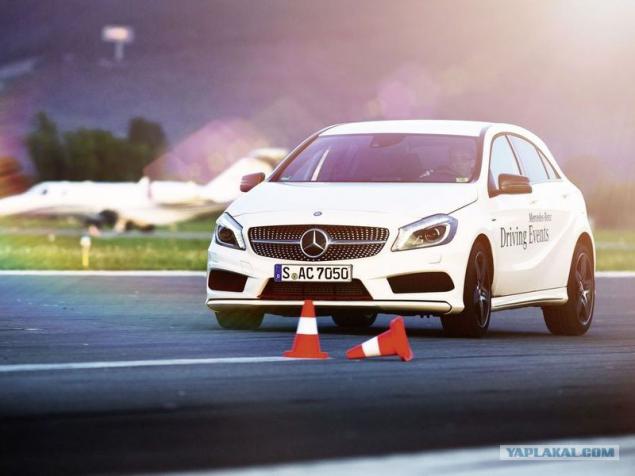
If we talk about anti-lock brakes, it first appeared on the serial cars almost forty years ago, and now is something familiar and taken for granted. Even the owners of cheap cars can be sure that when braking electronics will help them to avoid locking the wheels, thereby reducing braking distances and providing the opportunity to maneuver even if you press the brake pedal to the floor.
How the system works - for most drivers are not secret electronics in a very short period of time reduces the pressure in the brake lines - so that the brake pads "weaken the grip" and allow the crank wheel. But why many owners hear strange grinding machines? As if the block, on the contrary, pressed to the disc with such force that it split second erased cleaned and scraped across the disk of its metal platform ...
When the 1978 Mercedes-Benz 450 SEL was the first production car with ABS (but then for her had to pay extra), the picture went around the world. And that is true: Who cares creak and crunch if the system has helped to avoid the potential to cause serious injury collisions?
The answer helped found Maxim Neupokoev - training manager of the Russian representation of the brand Porsche: «brake pressure control special valves in the ABS control unit. When the system is activated, one (or more) of them relieves pressure to unlock "their" wheel. Persons in this moment continues to hold the brake pedal (it works very quickly) - a system to resume braking, closes the valve and via a special pump pressure restores. In one second, the modern brakes are 10-15 times to reset and re-raise the pressure - and such a frequent operation of the valve causes high frequency ripple. It's what we feel - both ears and right foot ».
That is jarring gnashing nothing like the sound vibration of the valves - dropping and inflation pressure. By the way, according to Maxim, using the anti-lock system are including aircraft pilots - and the system installed at an average airliner, runs along the same lines as the car.
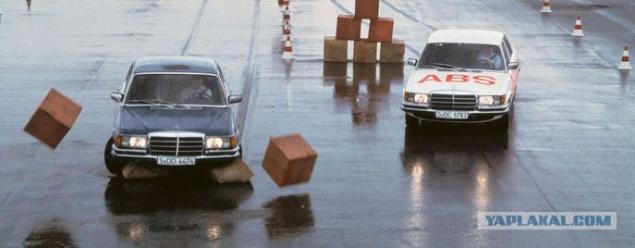
Source:
Anti-lock system - an example of how effective and useful work can be intelligent on-board electronics. But where in this high-tech system takes an unpleasant rattle - as if the surface of the brake disk is pressed whether the piece of metal, or a piece of flowerpot?

If we talk about anti-lock brakes, it first appeared on the serial cars almost forty years ago, and now is something familiar and taken for granted. Even the owners of cheap cars can be sure that when braking electronics will help them to avoid locking the wheels, thereby reducing braking distances and providing the opportunity to maneuver even if you press the brake pedal to the floor.
How the system works - for most drivers are not secret electronics in a very short period of time reduces the pressure in the brake lines - so that the brake pads "weaken the grip" and allow the crank wheel. But why many owners hear strange grinding machines? As if the block, on the contrary, pressed to the disc with such force that it split second erased cleaned and scraped across the disk of its metal platform ...
When the 1978 Mercedes-Benz 450 SEL was the first production car with ABS (but then for her had to pay extra), the picture went around the world. And that is true: Who cares creak and crunch if the system has helped to avoid the potential to cause serious injury collisions?
The answer helped found Maxim Neupokoev - training manager of the Russian representation of the brand Porsche: «brake pressure control special valves in the ABS control unit. When the system is activated, one (or more) of them relieves pressure to unlock "their" wheel. Persons in this moment continues to hold the brake pedal (it works very quickly) - a system to resume braking, closes the valve and via a special pump pressure restores. In one second, the modern brakes are 10-15 times to reset and re-raise the pressure - and such a frequent operation of the valve causes high frequency ripple. It's what we feel - both ears and right foot ».
That is jarring gnashing nothing like the sound vibration of the valves - dropping and inflation pressure. By the way, according to Maxim, using the anti-lock system are including aircraft pilots - and the system installed at an average airliner, runs along the same lines as the car.

Source:
Ukrainians are told about the benefits of gay pride parades
As we have gates at the cottage zapilivaem


